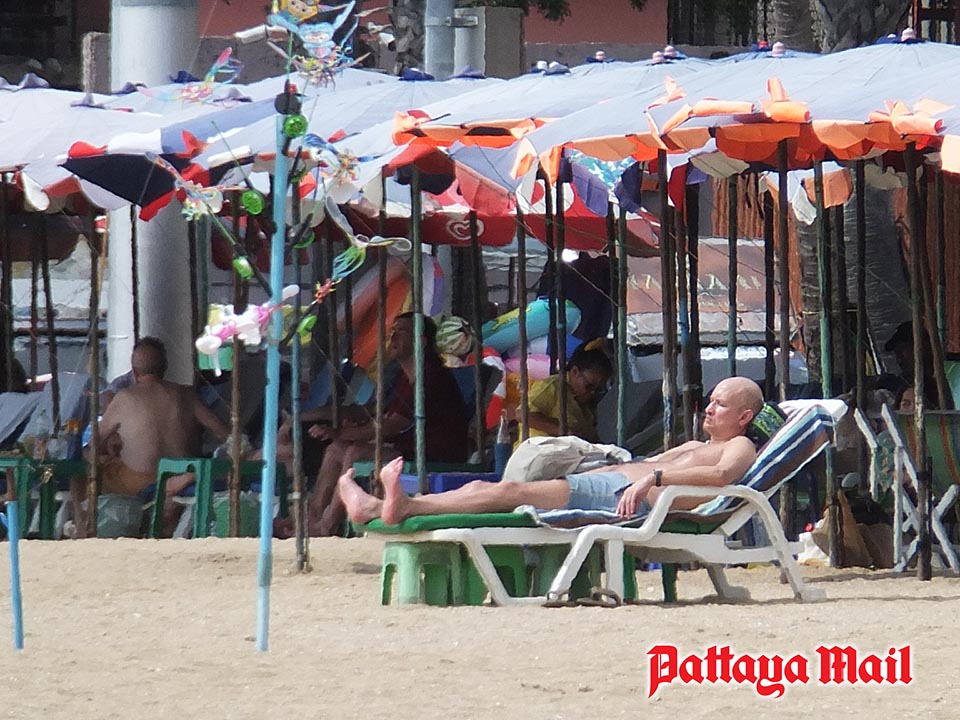
PATTAYA, Thailand – The United States and China have agreed to a 90-day reduction in tariffs, signaling a temporary de-escalation in their ongoing trade tensions. Under the agreement, the U.S. will lower tariffs on Chinese goods from 145% to 30%, while China will reduce its tariffs on American imports from 125% to 10%. This development has led to a surge in global stock markets and a strengthening of the U.S. dollar.
In Thailand, the baht has weakened against the U.S. dollar, with projections suggesting it could depreciate to 33.50 baht per dollar this week. While a weaker baht makes the country more affordable for foreign tourists, experts caution that currency fluctuations alone are unlikely to significantly boost tourism—especially as several other Asian currencies are also depreciating.
Pattaya, a popular tourist destination in Thailand, is experiencing a resurgence in international visitors, particularly from Russia and Europe. The Thai Hotels Association forecasts occupancy rates of 80–85% during the high season, with expectations that hotel room prices in 2025 will surpass those of 2019. The city’s strategic push to attract Middle Eastern tourists and expand U-Tapao Airport as a regional hub further supports its optimistic tourism outlook.
Adding to the shifting tourism landscape is the noticeable decline in Chinese tour groups—once a dominant presence in Pattaya. While some businesses tailored to mass Chinese tourism face challenges, many European visitors and long-term tourists see the quieter environment as a welcome change.
Boutique hotels, beachside cafés, and cultural attractions report a more relaxed atmosphere, with less congestion and noise. This shift is enabling local businesses to diversify their offerings and cater to higher-spending, experience-driven travelers from Europe and beyond—contributing to a more balanced and sustainable tourism model for the city.










